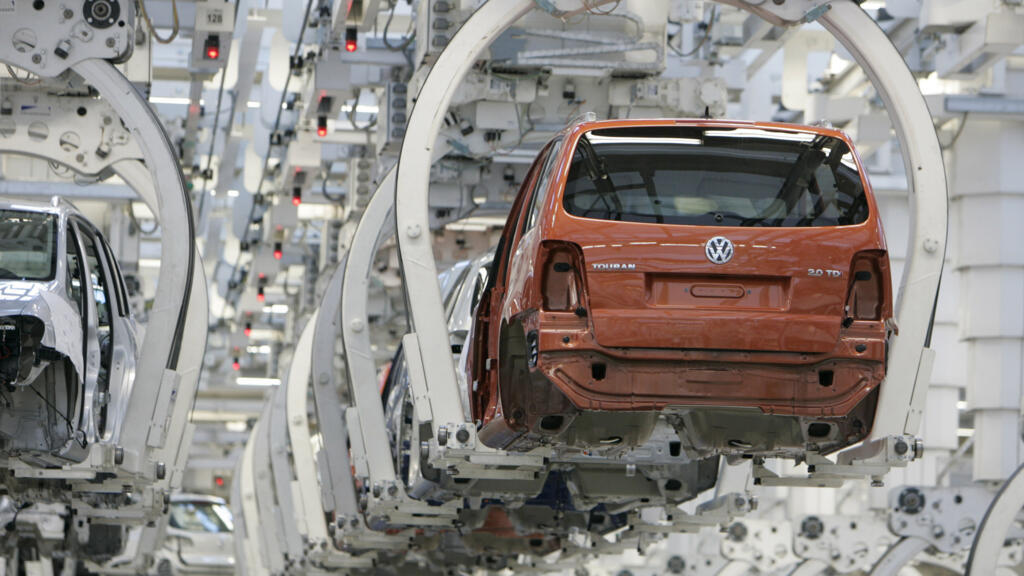Caught in the middle of a deepening trade row between the United States and China, Europe’s car industry is under growing strain. The latest round of US tariffs on Chinese vehicles and components is shaking up global supply chains – and putting French and European carmakers in a tough spot.
For companies like Stellantis and Renault, which rely heavily on Chinese suppliers, the ripple effects are already being felt. Higher costs, delayed shipments and tougher choices about where to invest next are all part of the fallout.
“For the last 30 or so years, the global auto industry has moved toward markets that can lower the overall cost” of cars for sale, Bill Russo, CEO of Shanghai-based car industry watchdog Automobility, told RFI.
China played a central role in that shift. Its car production jumped from 1 million vehicles a year to 30 million over three decades, helping drive down prices across the sector.
European brands followed the trend, entering joint ventures and building cars and parts in China before exporting them back home.
But the latest tariffs from Washington – 10 percent on all imported cars and 145 percent on vehicles made in China – threaten to upend that model.
Russo said the measures create “additional friction to the system, adding additional costs”, which will result in “less competitive pricing among the domestic industries that have relied on low-cost country sourcing”.
“By increasing costs of components, you’re increasing the price of the vehicle or decreasing margin. When you do that, you shrink your market,” Russo explained.
Read also:
Macron calls US tariff pause ‘fragile’ and urges EU to stay strong
France leads EU fightback against Trump’s steel and aluminium tariffs
Trump unveils sweeping US tariffs on Canada, Mexico, China – EU next?
